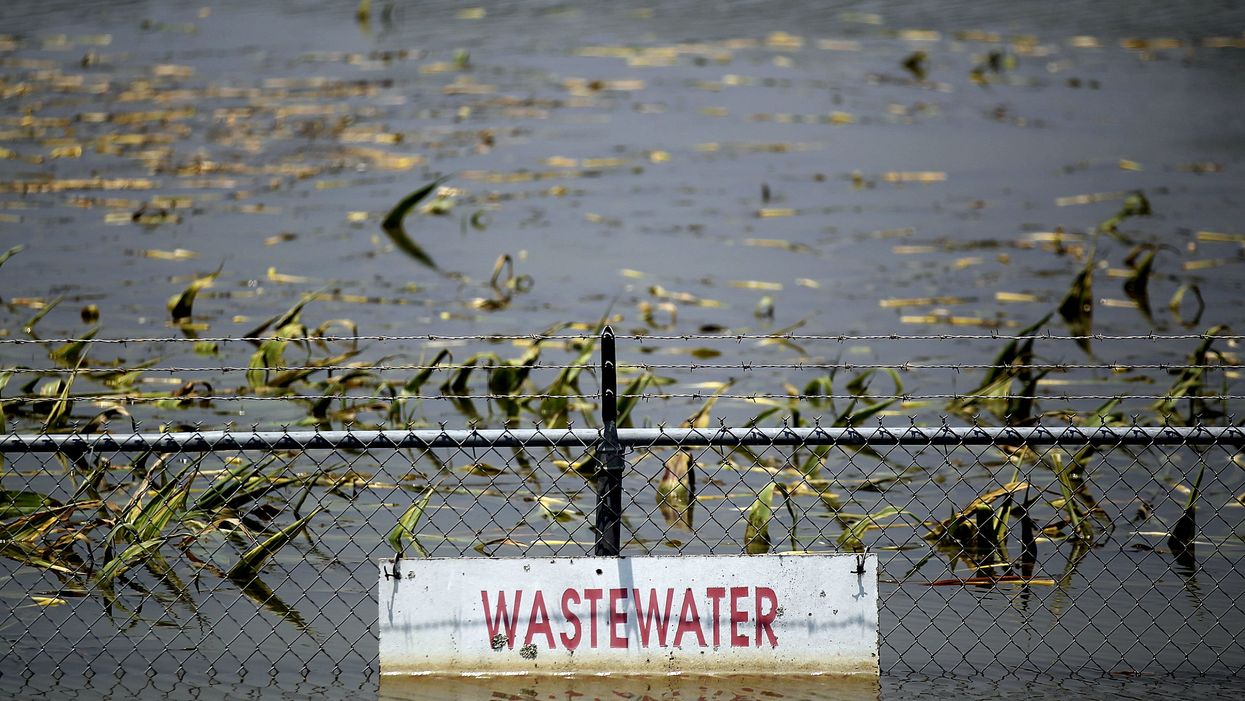
Photo by Mario Tama/Getty Images

Well that's concerning
New research has exposed the existence of "significantly higher than expected" levels of the coronavirus in Massachusetts wastewater.
Such research has prompted some scientists to speculate that many more people have the coronavirus than previously believed.
According to Newsweek, such research is not uncommon.
"Wastewater analysis of this kind has previously been used by scientists to track other infectious diseases, as well as substance abuse in a given population," the outlet reported. "Now, several research groups around the world have started using this method to look for the novel coronavirus in a bid to estimate how many people are infected in a community."
The study, published on medRxiv, was conducted by Biobot Analytics, but it has not yet been peer-reviewed.
The biotech company carried out the research between March 18 and March 25 at a "major urban treatment facility" in Massachusetts.
Researchers revealed that "[v]iral titers observed were significantly higher than expected based on clinically confirmed cases in Massachusetts as of March 25."
Mariana Matus, CEO of Biobot as well as one of the study's authors, told Stat News that the company shared the information with the Boston Public Health Commission as well as the Massachusetts Department of Public Health.
"They could believe that [our] numbers could be correct and not out of the realm of possibility," Matus said. "It was interesting that our estimation was definitely higher than the number of confirmed cases in the area."
Eric Alm, another study author, said that the public is not necessarily at a heightened risk because of the virus titer level in the wastewater.
"Even if those viral particles are no longer active or capable of infecting humans, they may still carry genetic material that can be detected using an approach called PCR (polymerase chain reaction), which amplifies the genetic signal many orders of magnitude, creating billions of copies of the genome for each starting virus," Alm said.
He continued, "We use a technique called qPCR or quantitative PCR to estimate how many copies of SARS-COV-2 specific genomes are present in a given sample."
At the time of this writing, at least 18,941 cases of COVID-19 have been confirmed in Massachusetts, and at least 503 have died because of the virus.
(H/T: Fox News)